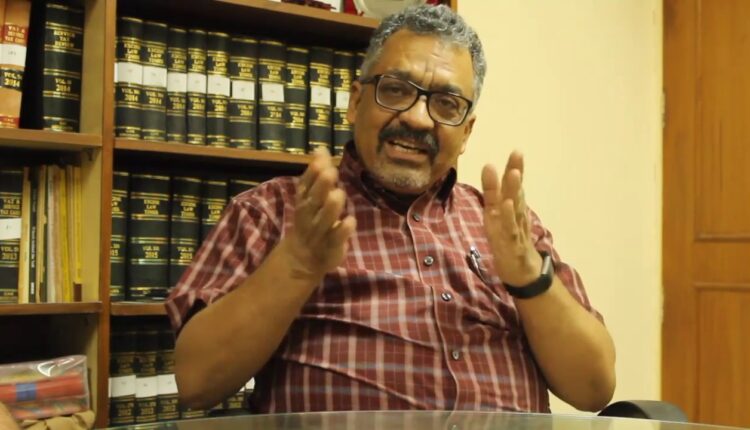
The recent train accident in Odisha’s Balasore, which claimed the lives of over 250 people, has sparked discussions about the use of technology in railway operations and the need for accountability. Prominent SPCHETNA President Anil Sood has expressed his concerns regarding the accident, highlighting the absence of technological advancements in the Indian railway system and calling for greater sensitivity and wisdom among politicians. Sood’s comments shed light on the need to address critical issues surrounding railway safety and management.
Anil Sood raises a pertinent question: If ordinary car drivers can use artificial intelligence (AI) while driving on roads, why can’t the railway system employ similar advancements? With advancements in AI and automation, it is crucial for the railway sector to integrate technology into its operations to enhance safety measures and improve efficiency. AI can help in areas such as train control, predictive maintenance, real-time monitoring, and automated signaling, which can significantly reduce the risk of accidents.
Sood reminisces about an era when train guards would connect railway stations using telephone wires and wonders why, in today’s era of India’s economic growth and technological advancements, the basics of railway operations have not seen similar progress. This highlights the need for the railway authorities to prioritize investment in technology and modernize their infrastructure.
In his comments, Sood expresses his concern that the blame for accidents often falls on the junior staff while the higher-ups escape accountability. He points out that while the media and public tend to focus on factors such as track conditions and train speed, they overlook the responsibility of the drivers.
Sood provides insights into the roles of permanent way inspectors (PWIs), who visually inspect the tracks for any damage or issues, and the prescribed speed limits in the Railway Manual. He suggests that someone must be monitoring the train’s speed and maintaining records and communications to ensure compliance with the regulations. The Enquiry Commission will likely assign responsibility to the PWI and train driver, but Sood raises concerns that top-level officials may evade accountability.
Anil Sood’s comments also touch upon the importance of sensitivity and wisdom among politicians. Railway accidents have far-reaching consequences, resulting in loss of life, injuries, and trauma for the affected families. Sood implores politicians to approach such incidents with compassion and wisdom, ensuring that swift action is taken to address the root causes and prevent similar tragedies in the future.

